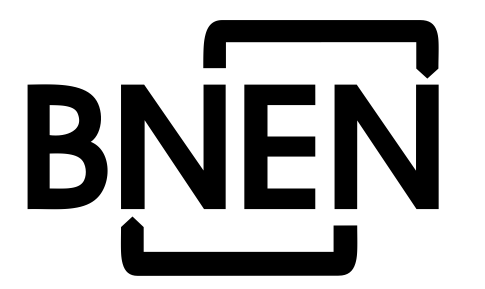Advanced courses on the nuclear fuel cycle
Prof. Christophe Bruggeman – Université de Liège
Prof. Kevin Govers – Université de Liège
3 ECTS
81 hours study time
- 30 contact hours theory
- 0 contact hours exercises/laboratory sessions/visits
- 0 hours additional personal work (reading etc.)
-
These advanced courses are complementary to the compulsory courses on the Nuclear fuel cycle, and will either deepen certain topics, or treat specific topics of high importance.
-
Reprocessed U, MOX and Th fuel
To get a global understanding of the utilization of reprocessed U, Pu and Th based fuel in light water reactors:
- The challenges of the U-Pu-MOX fuel regarding the fuel fabrication, the core and fuel neutronic aspects and fuel behaviour
- The Th-Pu-MOX used in LWR for its breeding capabilities, or as matrix for Pu utilization.
- The way towards multi-recycling
- High-level considerations for spent fuel management policies
Decommissioning and Dismantling
- To understand the different aspects which come into play during decommissioning of nuclear installations: general context, licensing and safety aspects, radiological characterization, material management
- To get acquainted with the principles and practice of dismantling and decommissioning of nuclear materials through various case studies
Waste management and disposal
- To get an understanding of radiochemistry, as it is a basic discipline to understand the various stages and activities in the nuclear fuel cycle, including the safe disposal of the radioactive waste.
- To learn about the interaction between societal and technical aspects of decommissioning & waste disposal
- To become informed on the safety strategy as a bridge between international nuclear law and civil society, and on the safety case and safety assessment of a geological disposal system
-
Reprocessed U, MOX and Th fuel
- Use of reprocessed uranium as nuclear fuel: uranium quality and challenges
- Use of Pu as Mixed OXide fuel (MOX):
- Quality of the Pu coming from the reprocessing
- Equivalence principle
- Fuel fabrication challenges and solutions (MIMAS)
- In-pile behavior of MOX fuel
- Thermo-mechanical specificities of MOX fuel
- Consequence on behavior under irradiation and fuel design
- MOX fuel neutronic properties
- Impact of MOX on neutronic properties
- Consequence on safety
- Towards multiple reprocessing cycles
- MOX multi-recycling in LWR
- Advanced reprocessing schemes
- Th cycle
- Physical specificities and thermal-mechanical behavior under irradiation
- Main neutronic aspects in light water reactors
- Main options in light water reactors
- Radiotoxicity issues of spent fuel
- Use of Th in molten salt reactors
- High-level considerations for spent fuel management policies
Radiochemistry and geochemistry
- Applied radiochemistry: chemical process technology: radiochemical separation techniques, radiochemical analysis, production of radionuclides.
- Radionuclide migration through a clay host rock – geochemistry and underlying phenomena: impact on the Safety Case;
geochemistry in Boom Clay; role of organic matter; radionuclide speciation, sorption and transport; modelling.
Dismantling, decommissioning
- Introduction: definitions, objectives, levels, regulatory aspects, radioprotection, ALARA
- Radionuclide inventory, characterization and measurements
- Strategy for decontamination of buildings, concrete pieces and structures, metals
- Dismantling of a nuclear reactor (the BR3 case): the experience, materials management
- Other types of installations to be decommissioned, REX from other projects
- Strategies and planning of decommissioning
- Safety aspects
-
The PowerPoint presentations are available on the BNEN website.
-
Courses in the following field
- Nuclear energy: introduction
- Nuclear fuel cycle (compulsory courses)
-
MOX and Th fuel
First and second session: written examination; own 1-page summary notes + nuclide chart allowed for entire duration; 15 min open
book authorized before submitting the questionnaire.Radiochemistry and Dismantling
First and second session, closed book, written examination
- The grade will be determined by weighing the grades on the two parts, in proportion to the number of ECTS per part. In case of a failure for one of the two parts, the examination committee can decide to penalize by lowering the final grade.
- The examination of the two parts of this course can take place on two separate days.
